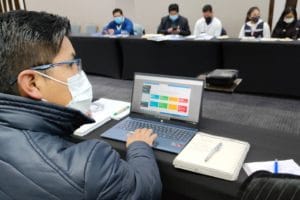On 4 March 2022, representatives from the key institutions involved in the Transition to Efficient Lighting in Bolivia project met in La Paz, Bolivia to receive training to expand capacity within the wider stakeholder group on the monitoring, verification and compliance (MVC) aspects of the project.
 The objective of this GEF-funded project is to accelerate the transition to energy-efficient lighting technologies in Bolivia through the development of a national efficient lighting policy and practical innovative interventions that will ensure success of the transition. MVC plays a critical role in achieving this goal; a tailored framework is fundamental to ensure compliance with minimum energy performance standards (MEPS), and the energy labels that complement them, and for suppliers to be able to follow the necessary steps so that their products can be placed on the market.
The objective of this GEF-funded project is to accelerate the transition to energy-efficient lighting technologies in Bolivia through the development of a national efficient lighting policy and practical innovative interventions that will ensure success of the transition. MVC plays a critical role in achieving this goal; a tailored framework is fundamental to ensure compliance with minimum energy performance standards (MEPS), and the energy labels that complement them, and for suppliers to be able to follow the necessary steps so that their products can be placed on the market.
More than 25 attendees from the Ministries of Hydrocarbons and Energy, Productive Development and Plural Economy, Economy and Public Finance and Defence of User and Consumer Rights, the Standards and Metrology institutes and Customs were able to share key information and their thoughts and points of view for the development of a Bolivian MVC framework.
The training sought to ensure that all national stakeholders are fully aware of the technical terminology associated with lighting products, the due processes for a regulatory system of energy-efficient products and the level of coordination needed between their agencies to implement an MVC system in their country.
It was provided by MVC and lighting experts from the United Nations Environment Programme United for Efficiency initiative (U4E) and U4E´s technical partner, Econoler. The initial presentations of this all-day event introduced the general aspects of lighting MEPS and labelling, the benefits of MVC and the responsibilities of the organisations involved. More technical presentations described specific MVC aspects and introduced the concept of product registration systems and their benefits. Key questions revolved around the capacity and technical equipment needed to build the national testing facilities, how best to implement such a system from scratch, and how to implement the on-the-ground monitoring to tackle the illegal traffic in lighting products.
The capacity building also aimed to collect key information from the agencies to design the tailored MVC framework for Bolivia and for the participants to be familiar with a wide range of topics for its upcoming implementation, such as:
- The procedures established for approving the entry of a product into the market (entry conditions) and the advantages of a registration database.
- Information on customs clearance processes.
- Sampling/product selection practices and compliance monitoring at points of sale.
- Process for the verification of product tests.
- Evaluation of laboratory test results of test verification activities.
- Due diligence, compliance procedures and allocation of appropriate sanctions in case of non-compliance.
- Minimum capacities expected from key government agencies.
All the presentations from the day are available (in Spanish) on the U4E website.
To learn more about the Transition to Efficient Lighting in Bolivia project, click here.


EXCELENTE